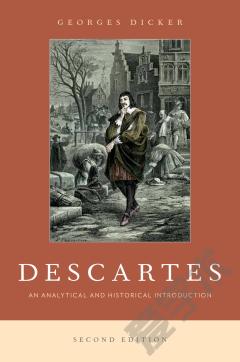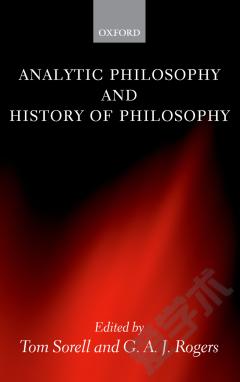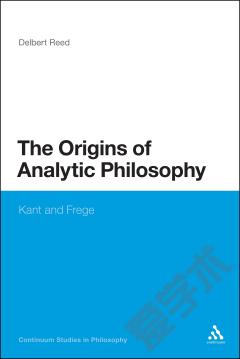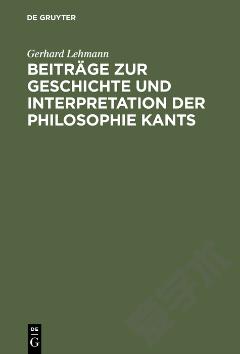Descartes —— An Analytical and Historical Introduction
----- 笛卡尔:分析和历史的介绍
Preface to the Second Edition Preface to the First Edition Note on the References and Abbreviations 1. Meditation I and the Method of Doubt 1. Descartes's Goal 2. The Cartesian Doubt 3. Is the Cartesian Doubt Self-Refuting? 3.1 The Deceptiveness of the Senses 3.2 The Dream Argument 3.3 The Deceiver Argument Notes 2. Meditation II: the Cogito and the Self51 1. Descartes's "I am thinking, therefore I exist." 2. The Certainty of One's Own Thoughts 3. A Problem for the Cogito 4. The Substance Theory 5. A Reconstruction of the Cogito based on the substance theory 6. Critical Discussion of the Reconstructed Cogito 6.1 The Substance Theory and the Argument from Change 6.2 The Corollary 6.3 The Assumption That Thoughts Are Properties 6.4 The Inference to "I Exist" 7. A defense of the unreconstructed cogito 8. Does the unreconstructed cogito require an additional premise? 9. Descartes's Conception of the Self 10. Cartesian Dualism Notes 3. Meditation III: The Criterion of Truth and the Existence of God 1. Descartes's Criterion of Truth 2. The Project of Meditation III 3. From the Idea of God to God 3.1 The Nature of Ideas 3.2 Objective Reality and Formal Reality 3.3 The Core Argument 3.4 The Central Argument of Meditation III: the Subargument, the Core Argument, and the Sequel 4. Criticisms of Descartes's Central Argument in Meditation III 4.1 The Subargument 4.1.1 The precontainment principle 4.1.2 Degrees of reality 4.1.3 Justifying the causal maxim 4.2 The Problem of the Cartesian Circle 4.2.1 The restriction of the doubt to past clear and distinct perceptions defense 4.2.2 The general rule defense 4.2.3 The radical doubt of reason and the creation of the eternal truths 4.2.4 The validation of reason 4.3 A Final Criticism of the Core Argument Notes 4. Meditation IV: Error, Freedom, and Evil 1. The issues of the Fourth Meditation 2. Error and the will 3. Two possible objections 3.1 Assenting and deciding to believe 3.2 Irresistibility and freedom 4. The coherence of Cartesian Freedom 5. Descartes's troubling letter to Mesland 6. Error and evil 6.1 The problem of evil 6.2 Cartesian theodicy 6.3 Some critical Reflections Notes 5. Meditation V: The Ontological Argument for the Existence of God 1. Descartes's Ontological Argument 2. Critique of the Ontological Argument 2.1 Gaunilo's Objection 2.2 Kant's Objection 2.3 Further Consideration of Kant's Objection 2.4 Caterus's Objection 3. Some Implications for Descartes's System Notes 6: Meditation VI: Dualism and the Material World 1. The scope of Meditation VI 2. Descartes's Proof of "The Real Distinction" between Mind and Body 3. Descartes's Proof of the Material World 4. Descartes on the Nature of the Material World 4.1 Primary and Secondary Qualities 4.2 Matter, Space, and Solidity 4.3 Bodies as Substances versus Bodies as Modes of Substance 5. Dualism and the Problem of Interaction 6. An Assessment of Cartesian Dualism Notes Bibliography
{{comment.content}}








 京公网安备 11010802027623号
京公网安备 11010802027623号